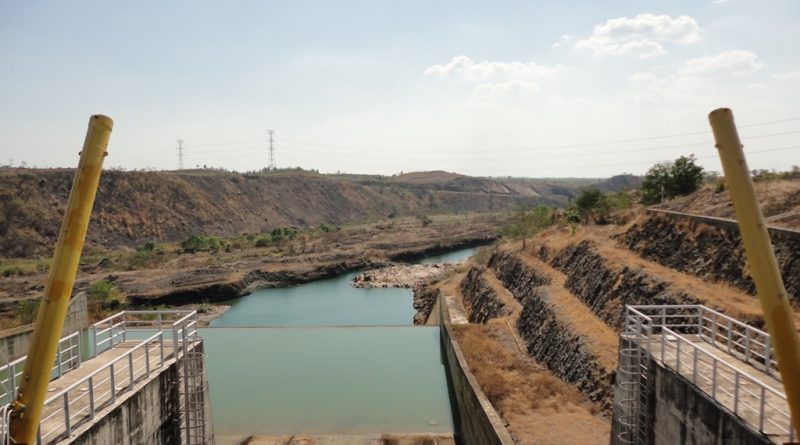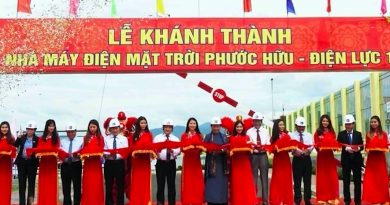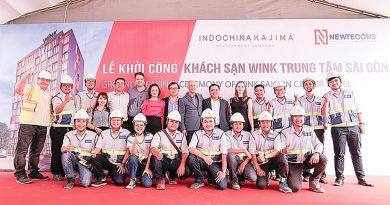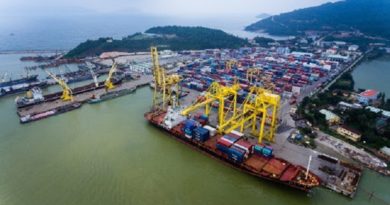Dak Lak push for leap in luring foreign capital
Dak Lak introduced 15 key projects that will require investment from both domestic and foreign investors at the recent investment promotion conference in the province’s Buon Ma Thuot city. The projects will need a combined capital sum of VND22.7 trillion (about $1 billion) to move ahead.
Agriculture has been singled out as a priority sector, with four high-tech agriculture projects planned for Ea K’Pam commune and Ea Pok town in Cu M’gar district, and Ea Tu and Hoa Xuan communes within Buon Ma Thuot. In addition, plants for the deep processing of agricultural products are planned for Hoa Phu and Phu Xuan industrial zones.
The province is also seeking investors for the construction of a wind farm in Ea H’leo district, and infrastructure developments for the industrial complexes in Cu Bao area, Ea Tam Lake urban area, the Central Highlands sports complex, Tan An complex urban area, Buon Ma Thuot urban area, and the Km6 Eco-city.
In addition, investment is required for projects within the eco-tourism development in the Chu Yang Sin national park, Yok Don national park, Lak Lake national tourist site, and the golf course in Buon Don district.
Located in the heart of the Central Highlands, Dak Lak is a strategic location for economic development and national defence. The province is also well-connected with neighbouring provinces in the south-central and south-eastern coastal regions.
Its accessible location, coupled with a favourable climate and abundant human resources, makes Dak Lak an ideal investment destination for both domestic and foreign investors.
Nguyen Toan Thang, director of the Dak Lak Investment Promotion Centre, told VIR that many foreign firms have explored opportunities in Dak Lak. US-based power conglomerate AES Corporation is scoping a solar energy project in Ea Sup district.
South Korean SolarPark is eyeing a solar power project in the Ea Sup Thuong region. Turkish Egeres Enerji is also interested in developing a wind farm project in Krong Nang and Ea H’leo districts.
In 2016, one South Korean firm received an investment certificate to set up a firm called Dak Lak People and Nature, invested with $230,000 in capital. The company specialises in trading in functional foods and cosmetics, as well as growing and exporting medicinal herbs.
In the first quarter of 2017, Solarpark Global I&D, from South Korea, received the green light on a $45 million solar structure project.
As of now, Dak Lak has attracted 13 foreign-invested projects, with a combined investment capital sum of $163.89 million.
“In 2017, we will continue efforts to facilitate foreign investment, complete investment procedures, and implement projects more quickly,” Thang said, adding that local authorities are offering a number of incentives and streamlining administrative procedures to provide optimum conditions for investors.
The incentives include land or water surface rent exemption for at least seven years, as well as more favourable corporate income, import, and export taxes.
Source: VIR







